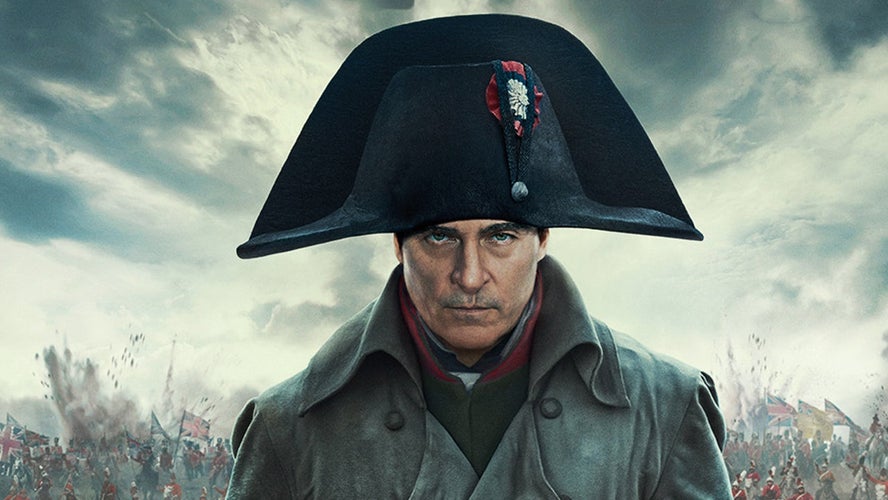I watched Ridley Scott’s Napoleon last night. It was a late show starting at 10:45 pm, because apparently Tiger 3 needed all the shows all day!! (Also, why do we need to have an intermission in the movies that clearly don’t have one? They literally stop the movie mid-scene and declare an intermission for some reason.)
Nevertheless, I wasn’t going to miss this historical movie about Napoleon from a director with movies like Gladiator and The Martian to his name. Additionally, Joaquin Phoenix doing the part made it even better.
Historical movies are a bit tricky to make. They have to portray a historical event from the perspective of the main character. It’s not supposed to be accurate history, but a director’s take on an historical story. Obviously, you cannot distort the facts completely, but you can take some creative liberties. The director may focus on an event or a person (Josephine!), that may not be as important in the minds of the critics. It’s important how that movie makes you feel, not necessarily just rattle out facts.
We also have to understand that any historic account is from someones’ perspective as well, unless it’s on a video. Every historian must have written truth from their own perspective.
Taking that into consideration, Napoleon does a really good job in engaging viewers from the first scene itself. Joaquin Phoenix brings to life a Napoleon that we’ve painted in our minds. The acting overall is a 10/10, however the place where the director really shines is in the cinematography of the action sequences. You really have to watch it in the theater to experience the grandeur of Scott’s masterpiece.
One thing that I realized this morning that is most fascinating to me, is the amount of parallels one could draw between this movie and Bhansali’s Bajirao Mastani. Parallels are not in the storytelling, acting, or even the cinematography. The parallels lie in the philosophical portrayal of how an extremely successful military commander feels and reacts, when things out of his control go wrong.
Obviously, Bajirao Mastani is very much Bollywood, and Napoleon is very subtle comparatively. There is a certain connection to be drawn when you go a few levels deep.
Napoleon is in the cinemas now, and you must watch it on the big screen if possible.
Also, if you are interested in reading up on Napoleon, this book is a good start. If you prefer an audiobook, check out this one!!

Be First to Comment